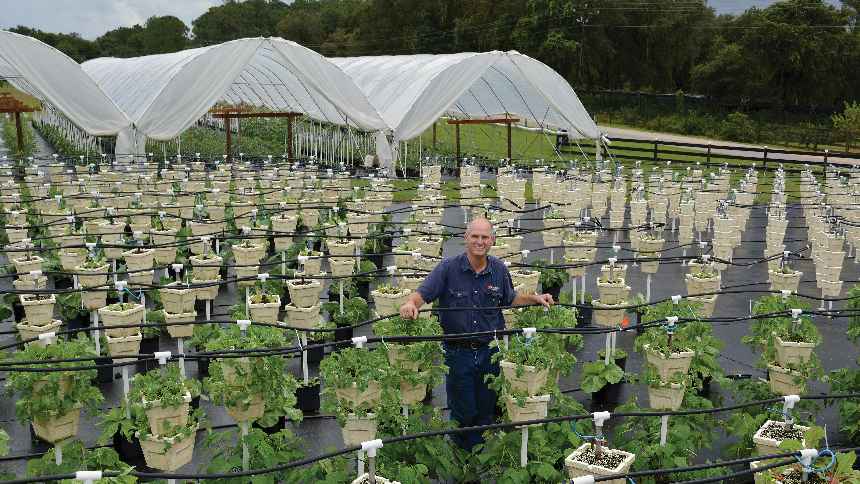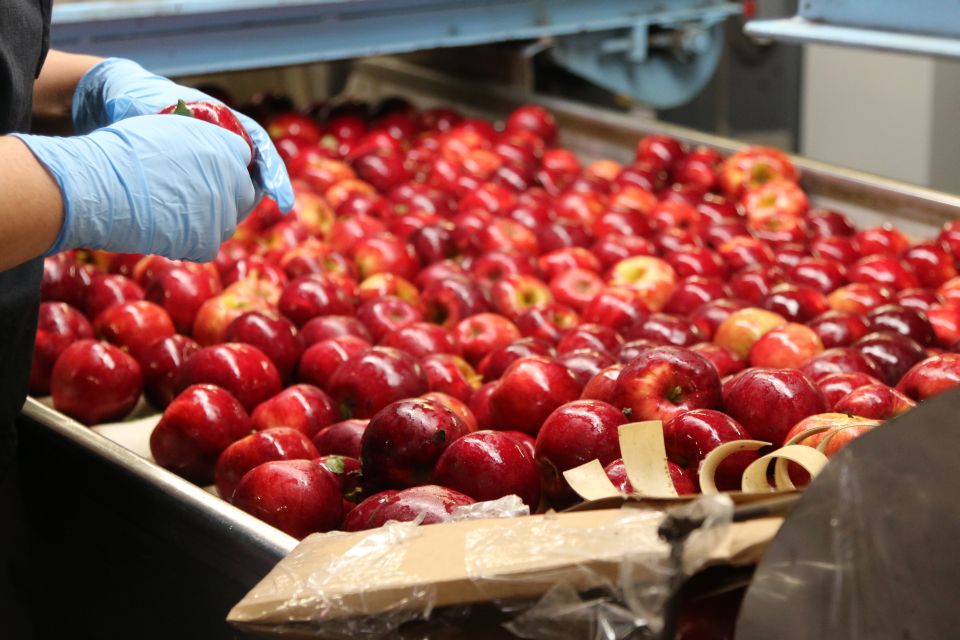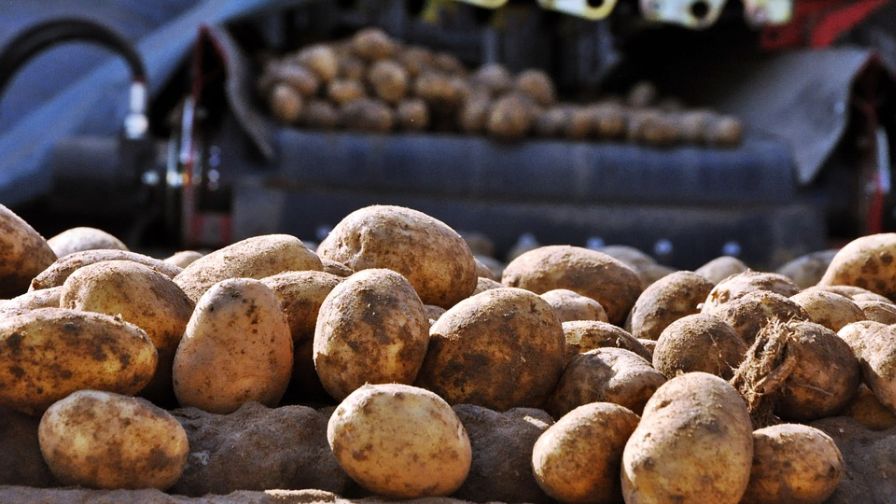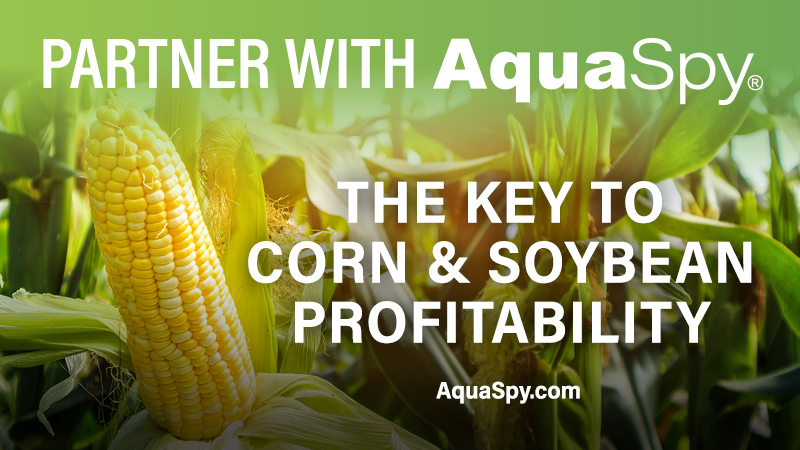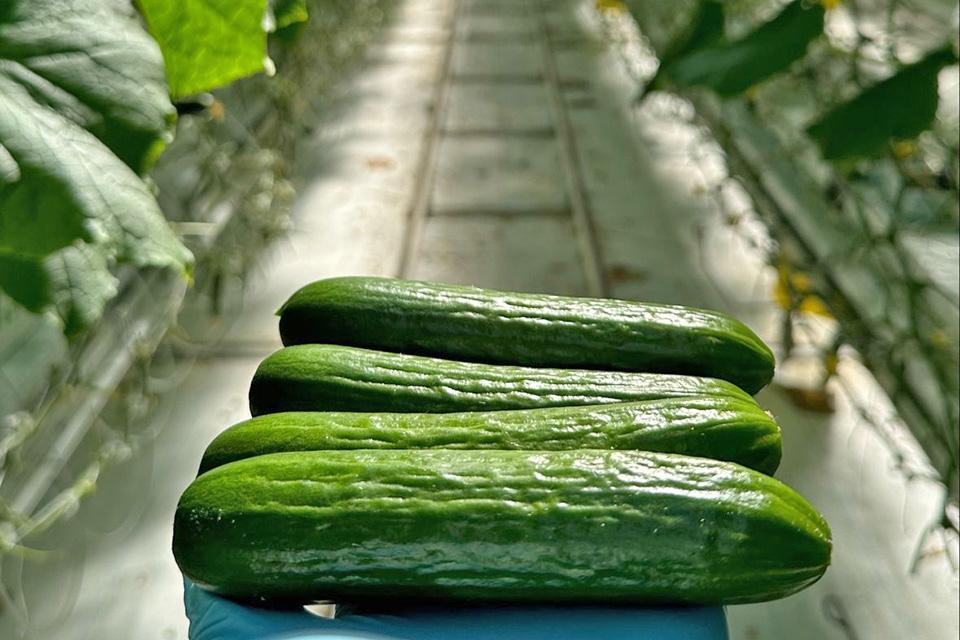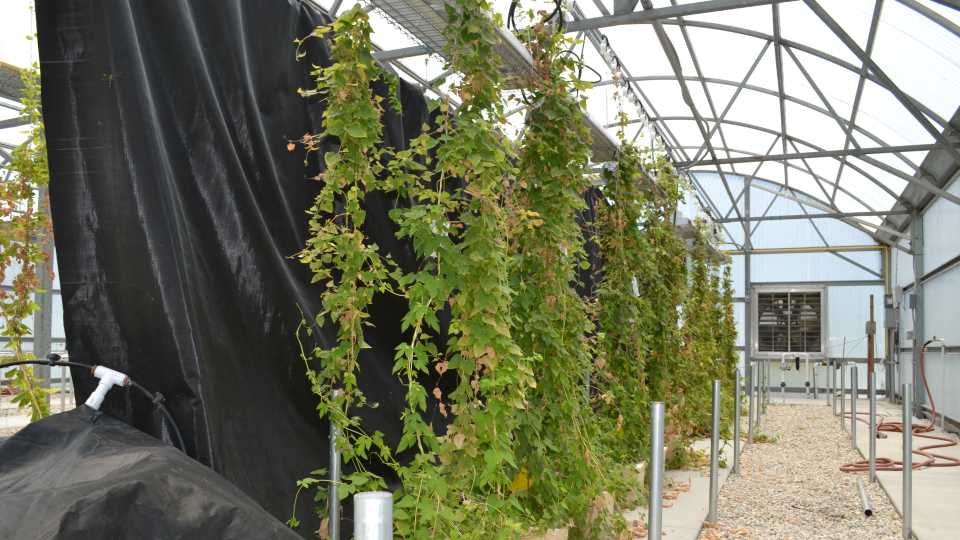Diversification Is King For Small Farm’s Success
Diversification in any business has its place, but in agriculture — and small farms in particular — it’s especially important. Steve Crump is a fourth-generation farmer in DeLeon Springs, who makes keeping up with the times a central part of his long-term business strategy.
The farm was established in the 1880s by Crump’s great grandparents who planted citrus and grew it into a fairly large operation by the 1900s. Today, Vo-LaSalle Farms is managed by Crump and his father, Bruce.
While the farm was situated in the heart of Florida’s citrus country for many years, the freezes in the 1980s changed all that as neighbors moved their groves moved south to warmer climes.
“As our groves got more productive, we were having difficulty finding people to pick or buy fruit because nobody believed there was any citrus left up here after the freezes,” Crump says. “We were selling citrus on fruit stands and got into the gift fruit business just to move it. We finally had to convince a buyer to come up here and buy juice oranges, which took a long time. And, we had to hire a harvest crew.”
Citrus continues to be the biggest revenue driver from Crump’s own acreage, along with the grove care and harvesting service he provides for several customers. And, he says, Vo-LaSalle’s citrus business continues to evolve. While it still grows oranges for juice, demand for fresh fruit has picked up in the last two years from customers who have fruit stands that run along I-95 as packinghouses to the south have closed.
Broader Crop Mix
That willingness to adapt the business over time has paid off. With the looming uncertainty surrounding HLB, diversification on the farm makes even more sense, but its roots can be traced back to canker eradication.
“When they started pushing out trees for canker, Dad and I determined if they found canker in our grove or neighbors’ groves, they would push everything we had,” Crump says. “I didn’t want to be stuck with nothing else, so we started looking at other crops. We went from considering grape vineyards to blueberries, but then I stumbled across these vegetables growing on hydroponic towers during a farm tour. We thought that would be right for us because the season coincides with the citrus season.”
The family installed Verti-Gro towers and planted strawberries for U-Pick on the farm in 2008. The idea was the U-Pick would draw people to the farm and result in more retail sales of citrus.
“That was the initial goal — if they come out and pick strawberries, we can sell them oranges,” Crump says. “But, that was the wrong assumption. We quickly learned the first season that we needed even more than strawberries. We also planted a few rows of tomatoes and squash, and we sold far and away more of those than strawberries.”
Crump says customers drive out to pick the strawberries, but when they get to the farm, they buy other items. The following year, the vegetable plantings were doubled. And, they kept increasing the number of different vegetables planted to provide customers more choices.
“What I have learned is I can only sell you as many oranges as you can eat in a week or two, but the more different things I have, the more you will buy,” Crump says. “The vegetables did so well that before long we had to hire a full-time person (Kathy Frymire) to manage the vegetables and help take care of customers on the farm.”
Now the farm’s retail product offerings include a variety of choices for customers. Vo-LaSalle offers fresh citrus and juice and vegetables, including U-Pick strawberries, heirloom and Tasti-Lee tomatoes, peppers, cucumbers, squash, celery, broccoli, Brussels sprouts, green beans, onions, and several varieties of leafy greens.
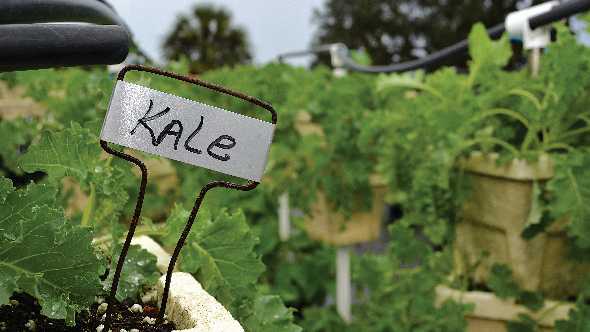
Photo by Frank Giles
“We offer a lot, but not large quantities of any of it,” Crump says. “We are on a two-week planning cycle trying to match our sales to every two weeks. Sometimes, we get overrun with particular produce and sometimes we don’t have enough. We plant every two weeks on the fast-growing stuff. The tomatoes are planted in September and we take them all the way into June. Even the Tasti-Lee tomatoes, which are determinate, keep producing fruit deep into the season.”
On-Farm Focus Groups
Customer feedback drives Crump’s planting decisions. “Customers tell us they like the experience of picking their own produce and they like the taste of the produce picked fresh, so those are the two things that we work on,” he says. “We don’t go for low-price, and we are certainly not growing for volume. We try to keep a sustained amount of produce available for picking. It works well because our employees may have a hard morning of work in the garden, but then they can go and help pick oranges to fill a gift fruit order.”
A critical part of enhancing the picking experience for customers is maintaining a well-kept environment around the farm. The Verti-Gro towers also make picking easier because they require less bending over.
Vegetable Learning Curve
Crump characterizes the learning curve with growing vegetables as pretty steep. The first step in his learning process was attending a class on how to grow crops in the hydroponic towers.
“I asked a whole bunch of questions to other people about what worked for them or what didn’t when growing vegetables,” he says. “I experimented, and the key was I didn’t go big. I funded it with cash and didn’t take out a loan. If it didn’t work, I was not betting the farm on it.”
Crump says he spent much of that first year observing and then reacting. “We ordered 10 different varieties of tomatoes and quickly saw that seven were junk, so we cut those out. Out of the original trial, I only have one tomato variety left that I grow. We look for consistent, flavorful varieties and ones that grow best in pots.”
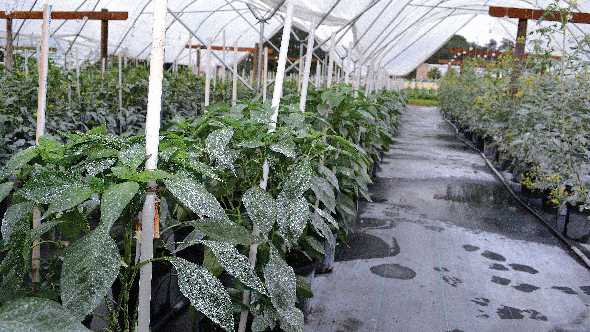
Photo by Frank Giles
Crump also has installed three high tunnels. He says the tunnels have tremendous benefits and should help open the U-Pick season by two weeks earlier and extend it by another week on the back end.
“There was an immediate improvement in the quality of the vegetables we planted under the tunnels,” he says. “In addition, the labor for freeze protection was killing us. It physically wears you out and the tunnels ended that. We haven’t used a drop of water to freeze protect in them. And, the plants love it because it doesn’t get near as cold and we don’t have frost blankets beating on them. Everything that is cold sensitive goes in the tunnels.”
Protecting Water Resources
Crump was among the recipients of the 2014 Innovative Farmer Of The Year Award presented by UF/IFAS. His work to protect water resources was one of the elements that helped secure the award in his honor.
The use of high tunnels and hydroponic towers has greatly reduced water needs on the farm for irrigation and freeze protection. Crump also has established 100-foot filter strips near bodies of water on the farm to reduce nutrient runoff.
“In our citrus, we’ve stopped applying the two big slugs of dry fertilizer during a year,” he says. “Now, we are making one dry fertilizer application in the spring with six liquid applications throughout the year. It is right for the environment and watershed because we are reducing nutrient runoff potential.”
Shifting Strategy
Crump says diversification will be Vo-LaSalle’s savior because it allows the farm to spread its labor force over more activities. “As soon as one crop cools down and is not as profitable, the others can help carry the load,” he says. “Then we can decide whether we can cut a crop out, which we do sometimes. It really helps smooth out the ups and downs.”
Crump believes that adding more choices for customers coming out to visit the farm is elemental in his plans for the future. Last year, he added blueberries as another U-Pick option. In the coming season, he plans to add Florida peaches, and after that, a corn maze is on the drawing board.
Marketing The Farm
While Crump utilizes mailers and ads in the local newspaper, he says social media has helped encourage word-of-mouth buzz about the farm’s retail and U-Pick business.
Vo-LaSalle uses its Facebook page as a quick and free way to let customers know what is available. If the farm has too many strawberries, for example, Crump offers a Facebook-only sale to help move the inventory.
“We don’t post a lot on Facebook, but I really try to get my customers to do Facebook postings about their visit to the farm. That is really a lot more powerful than us posting — it is golden testimonials. I will go out of my way to get them to like us, check-in, or post a picture.”
Crump also asks for customers’ eMail addresses so he can send out updates on produce availability and other promotions. In addition, the farm sponsors local events to raise awareness in the community.
“We want the people to know we are here and that we support our local community,” he says. “All of these things are helping us build a base of loyal customers that continues to grow.”





